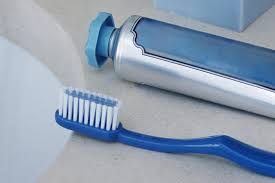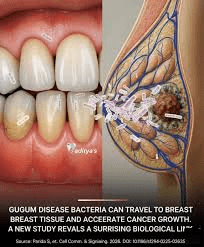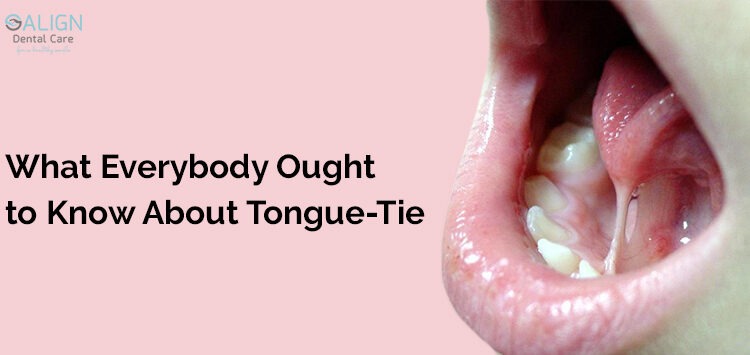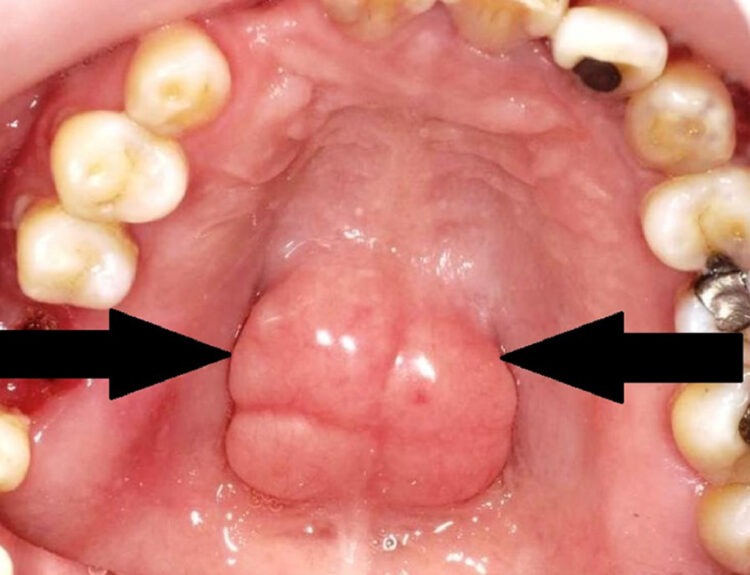Tooth enamel is the hardest tissue in the human body, yet it is not indestructible. Once damaged, enamel does not naturally regenerate, making prevention and repair strategies crucial in dentistry. In recent years, researchers have turned their attention to natural proteins for enamel repair. Keratin has emerged as a particularly exciting candidate for this purpose.
What is Keratin?
It is a fibrous structural protein present in hair, nails, feathers, horns, and skin. Its resilience and ability to form tough protective surfaces make it a natural choice for exploring applications in dentistry. The protein is rich in cysteine. It is an amino acid that allows keratin molecules to form strong disulfide bonds, giving it stability and durability.
Keratin and Enamel Repair
Enamel is primarily made of crystalline form of calcium phosphate. When enamel is exposed to repeated acid attacks from food, beverages, or bacterial metabolism, its mineral content is gradually dissolved, leading to demineralization. This is tooth decay which if remained untreated develops cavities.
To counteract decay, dentists recommend use of fluoride. Traditional toothpaste formulations therefore chiefly rely on fluoride to encourage remineralization, But it is observed that fluoride alone cannot fight against the decay. It offers a unique advantage to repair the breached enamel.It has the ability to bind to tooth surfaces and act as a support for remineralization. Studies suggest that keratin can interact with calcium and phosphate ions, encouraging the deposition of crystalline Calcium Phosphate. in a way that resembles natural enamel. Moreover, It forms a thin protective layer over enamel, shielding teeth from further acid attack and subsequent decay.
Incorporation in Toothpastes
The concept of keratin-infused toothpaste is gaining momentum as part of the broader field of bioactive oral care. Future formulations may use keratin peptides or hydrolyzed keratin particles to:
- Promote remineralization
- Reduce sensitivity
- Provideprotective barrier against tooth wear
Scientists are now testing keratin mixed with fluoride, casein phosphopeptides (CPP), and bioactive glass to see if they work better together. If this works, keratin-based dental products could be a big step in preventive dentistry, helping not only to protect teeth but also to repair damaged enamel.
Read our full disclaimer.




